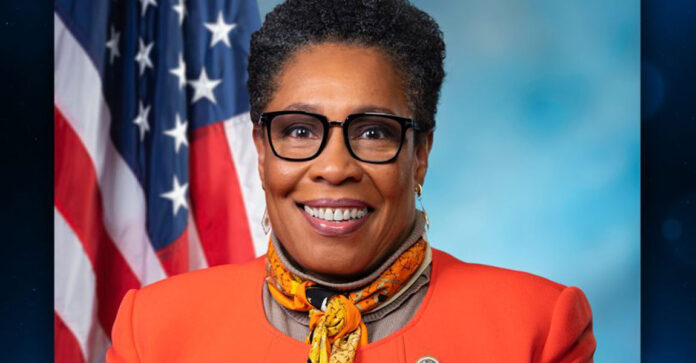
Secretary Fudge underscored the Biden-Harris Administration’s Build Back Better plan and its investments in housing construction and rehabilitation, economic development, and community revitalization.
WASHINGTON, D.C.— U.S. Department of Housing and Urban Development Secretary Marcia L. Fudge convened a virtual roundtable discussion with over 90 mayors, state legislators, county commissioners, and local municipal leaders on the housing investments and racial equity opportunities that would be created through President Biden’s Build Back Better plan.
The mayors and state and local elected leaders make up the executive teams and memberships of the National League of Cities- National Black Caucus for Local Elected Officials, National Organization of Black County Officials, African American Mayors Association, and National Black Conference of State Legislators.
Speakers included Georgia State Rep. and President of the National Black Conference of State Legislators Billy Mitchell, African American Mayors Association President and Houston Mayor Sylvester Turner, Harris County Commissioner and National Organization of Black County Officials President Rodney Ellis, and Akron City Councilman and National League of Cities- National Black Caucus for Elected Officials President Russell C. Neal, Jr.
Secretary Fudge underscored the Biden-Harris Administration’s Build Back Better plan and its investments in housing construction and rehabilitation, economic development, and community revitalization.
She noted that even before the pandemic, nearly 11 million households spent more than half their incomes on rent – and that people of color represent a disproportionate number of these households.
Secretary Fudge reiterated President Biden’s commitment to addressing the affordable housing crisis through the Build Back Better plan, which calls for historic investments in our nation’s housing.
Further, the group discussed how the federal government will continue to work with local officials to protect renters through quickly delivering assistance to stop evictions during the pandemic.
The local officials raised their priorities to ensure communities of color receive investments to build more affordable housing and break down barriers that drive up costs.



